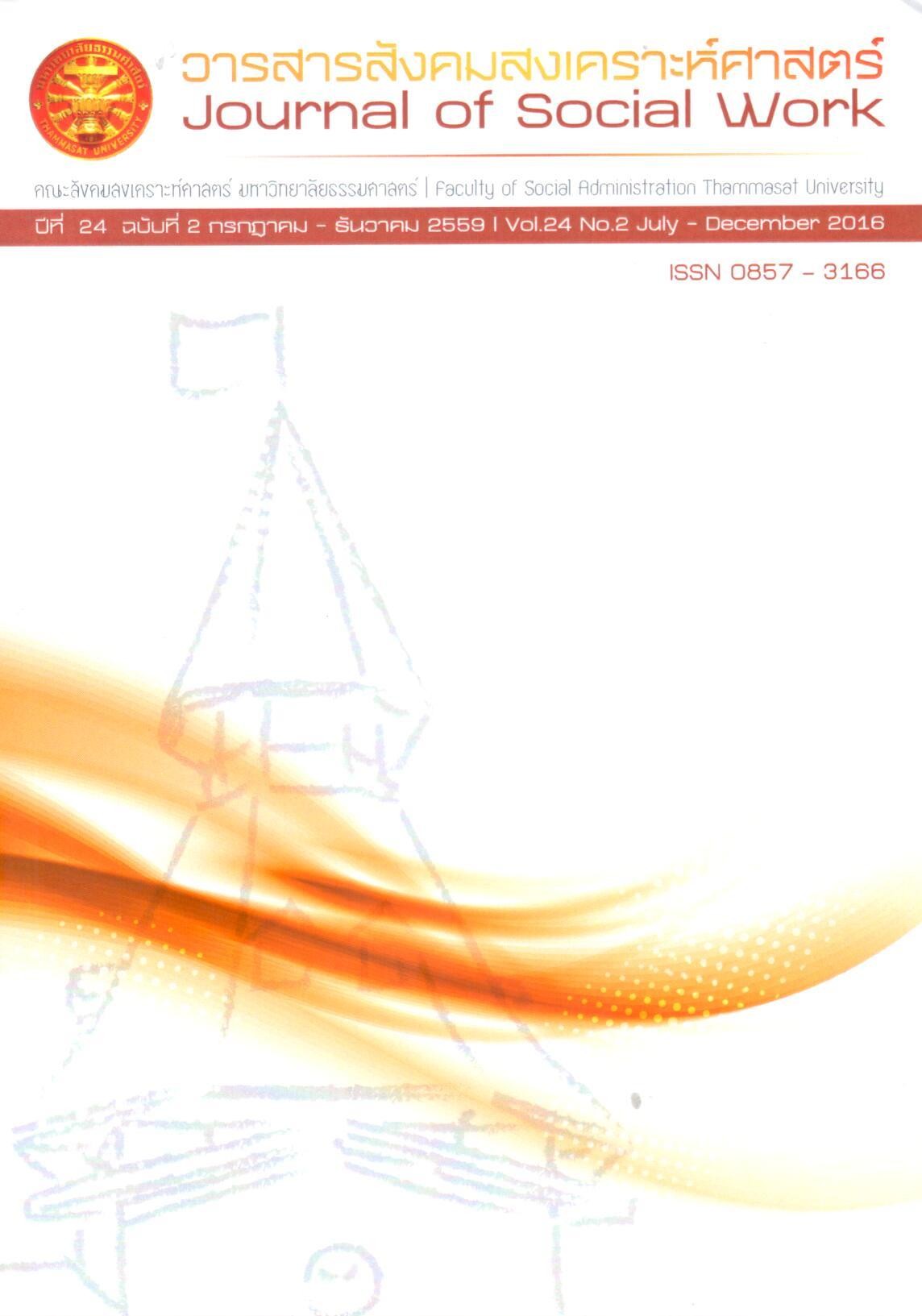Social Work for Muslims Way of Life
Keywords:
Social work for Muslims, Cultural competence, Muslims social work practice model.Abstract
Social work for Muslims is a dimension of society practicing according to the process, principles and social work methods with respect on culture and religion of the people under Islam. This academic paper tried to collect data and related researches to be a guideline to create knowledge, understanding and build the cultural competence of Social Worker to services users who are Muslims. Although, Muslims have a specific way of life but the model of social work practice and the body of knowledge in social work practice are also compliant according to the general practicing standards. The different religion of the services users could not make the process and social work methods are distinction anyway. The important key depends on how much the users have the faith, accept, and follow the guidance of religion. These are the strengths of Muslims to understand everything that happens to their life, and acceptance the testing with a strong mind and trust in God. Although, Islam followers are the minority population of Thai society, but the Thai culture of caring and harmonious living is also a contributing factor. Thai Muslim social work in general is beautiful and unique as far as the Thai identity is concerned in a matter of respect, honor and no stigmatize in the religious difference of the services users. Social Workers are also learn to be more aware of cultural differences and build on their own cultural competence for professional practitioners among followers of all religions.
References
Brusin, J.H. (2012). How cultural competency can help reduce health disparities. Radiologic Technology, November/December, 84, No 2.
Crabtree, S.A., Husain, F. & Spalek, B. (2008). Islam and social work. Bristol UK: The Policy Press.
Devore, W. & Schlesinger, E.G. (1999). (5thed.). Ethnic-sensitive Social Work practice. USA: Allyn & Bacon.
Hammoud, M.M., White, C.B. & Fetters, M.D. (2005). Opening cultural doors: providing culturally sensitive healthcare to Arab American and American Muslim patients. American Journal of Obstetrics and Gynecology, 193: 1307-1311. DOI: 10.1016/j.ajog.2005.06.065.
Hessini, L. (2007). Abortion and Islam: policies and practice in the Middle East and North America. Reproductive Health Matters, 15(29), 75-84.
Hodge, D.R. (2005). Social Work and the house of Islam: orienting practitioners to the beliefs and values of Muslims in the United States. National Association of Social Workers.
Horevitz, E., Lawson, J. & Chow, J.C.C. (2013). Examining cultural competence in health care: implications for Social Workers. National Association of Social Workers. DOI: 10.1093/hsw/hlt015.
Kramer, E.J., Wang, C.B., & Lee, E. & Chung, H. (2002). Cultural factors influencing the mental health of Asian Americans, West J Me, 176: 227-231.
National Association of Social Workers. (2008). Code of ethics of the National Association of Social Workers. Washington, DC: Author.
Padela, A.I. & Curlin, F.A. (2013). Religion and disparities: Considering the influences of Islamon the health of American Muslims. J Relig Health, 52: 1333-1345. DOI: 10.1007/s10943-012-9620-y.
Ravindra, N. & Myers, B.J. (2012). Cultural influences on perceptions of health, illness, and disability: a review and focus on Autism, J Child Fam Stud, 21: 311-319.
Ritter, L.A. & Hoffman, N.A. (2010). Multicultural health. USA: Jones and Barlett Publishers, LLC.
Shah, S.M., Ayash, C., Pharaon, N.A. & Gany, F.M. (2008). Arab American immigrants in New York: health care and cancer knowledge, attitudes, and beliefs. Journal of Immigrant and Minority Health, 10(5): 429-436.
Spector, R.E. (2000). Cultural care guides to heritage assessment and health traditions. New Jersy: Prentice Hall Health.
Spector, R.E. (2013). (8thed.). Cultural diversity in health and illness. New Jersy: Pearson Education.
Wanwadee Poonpoksin. (2016). Social work and social welfare in Thai Muslim community. Japan College of Social Work and Shutukotu University.
Downloads
Published
How to Cite
Issue
Section
License
The manuscripts published in the Social Work Journal is the copyright of the Social Work Journal, Thammasat University
Any article or opinion appeared in the Social Work Journal will solely be under the responsibility of the author The Faculty of Social Administration, Thammasat University and the editors do not need to reach in agreement or hold any responsibility.



